Essay on Uneasy Lies the Head that Wears a Crown:
This is a very famous line culled from Shakespeare’s play Henry IV (part two). The king himself is the speaker. It is the hour of the night. The king lies awake and complains that while sleep visits the lowliest, it is frighted of him and will not “weigh” his “eyelids down”. He accuses sleep of being partial. It gives repose to the west sea-boy in an hour so rude while it denies rest to a king whose chamber is furnished with “all the appliances and means” to facilitate its arrival.
| “The happy low lies down: Uneasy lies the head that wears a crown.” |
Many persons on reading the King’s speech interpret the title of this essay too literally. Crowned kings, according to them, lead an uneasy life because they are surrounded by constant dangers to their lives and their realm. They quote the lives of Ramchandra and Yudhishtara, or Napoleon and Kaiser in support of their contention. This, however, is too narrow an interpretation of the line. It has a broader application. It means that those who have power and responsibility cannot banish fears from their minds and so lead an uneasy life full of worries and anxieties. Their burden weighs on their minds. All the wealth and comfort at the disposal of such men cannot ensure them peace.
| Another poet gives us an equally pungent line “The royal crown cures not the king’s headache”. |
Let us examine the reason The head “that wears a crown” is that of a king or any other ruler of the country namely a Prime Minister or a President. A ruler is entrusted with many duties and responsibilities. For the proper discharge of these, he is invested with power or authority. Now power and responsibility are disturbers of mental peace. They are more so when he who is the custodian of both, stands alone. Such a dignitary is a dictator say like the late General Zia of Pakistan. Whether he sits on a throne or lords it over in his home, he can know no rest or peace of mind. His worries or fears, some imaginary and others real, will be ever chasing the sleep of his mind. Nightmares will occupy the mind thus, making life a hell for him.
Why does all this happen? This is mainly because the wearer takes too much on himself. He concentrates all authority on himself. He tries to look after everything. But human capacity is not unlimited. Anyone who takes upon himself the responsibility of managing a number of things will have to divide his attention between them and use his time and energy in handling them. That is enough to make him uneasy and give him sleepless nights. This remark has greater relevance for a dictator whose list of duties and responsibilities is much longer than of an ordinary citizen.
There is another aspect of the matter. When power is concentrated in the hands of one person, as it is in the case of a dictator, suspicions of the followers are bound to enter his mind and destroy his mental peace. That is why despotic rulers in the past trusted nobody. That they had even their daily meal tasted by others to ensure its purity before they sat down to it. This is the penalty of dictatorship. When such a person is conscientious also, his cup of care and anxieties starts brimming over. He exerts more and more to do justice by his duties. But he is never fully satisfied. He thinks he has not done enough. He feels that he is personally accountable for all that is done. This is the most uneasy sensation that he feels.
All this, however, does not amount to advocating that responsibility should be shunned. Nor is it advised that power and authority should be given up if one wants peace of mind. It would be wrong to come to this conclusion. What is meant here is that worry should never be permitted to enter the mind when duties and responsibilities stare us in the face. Sincerely discharging one’s duties without feeling upset or nervous is always possible.
No worries of unfinished assignments should trouble a student’s mind on the playfield. That is the place, where a whole-hearted enjoyment of games is highly desirable. Duties and responsibilities should not worry you at odd hours at the dinner table, in the bed when you lie down to sleep, or at the theatre where you have gone to drown your anxieties and cares.
Another step that should soften the feeling of burden is to work under a taskmaster to whom one feels accountable. Even when it is not possible to nominate a human taskmaster, one should fall back on the idea of God as our Great Taskmaster: “All men” said Carlyle, “if they work not as in the taskmaster’s eye, will work wrong, and will work unhappily for themselves and for you”. But far better it is to work under the eye of one’s own conscience.
In the third place, some amount of humility helps to relieve the mental tension of one “Who wears a crown”.
But when all the aspects of the proverb have been explored, one reaches the conclusion that a man in authority must experience some uneasiness. He cannot afford to take life lightly. The selfish man is perhaps the least unhappy. But that is not desirable. Everybody avoids him. He has nobody to share his troubles. If power involves isolation, uneasiness cannot be avoided.
The words of Shakespeare are true. The statement is unassailable from whatever angle it is looked at. Power and responsibility must be accepted as a kind of sacred trust.
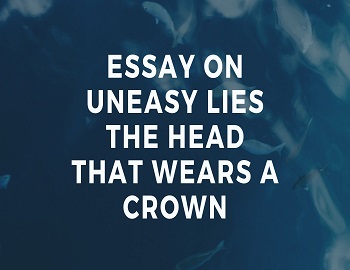
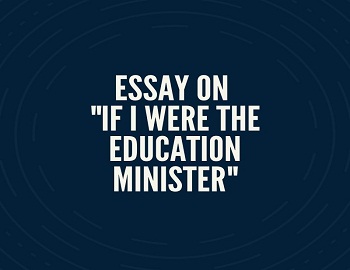
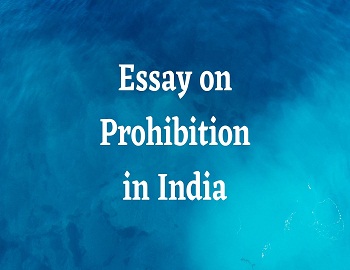
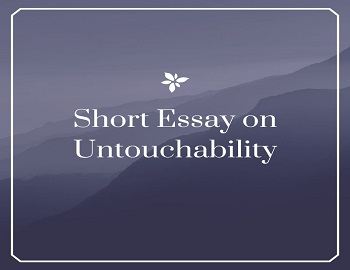
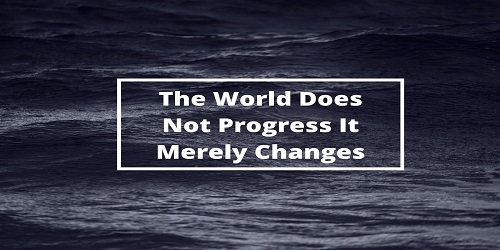
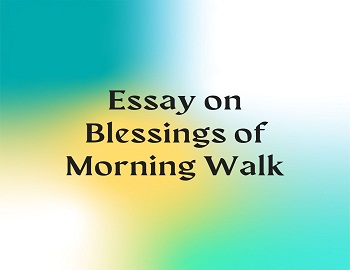
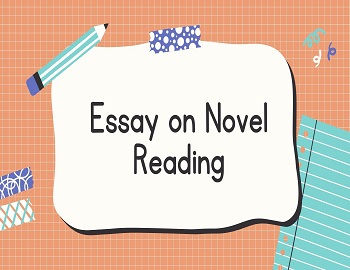
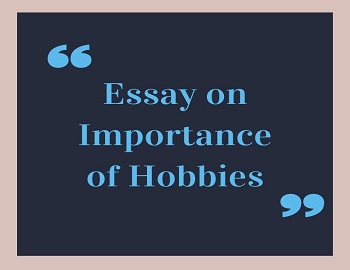
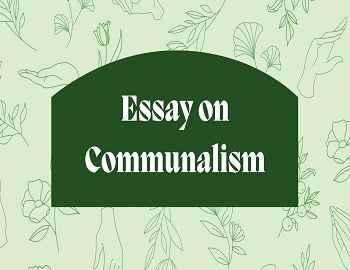
Comments (No)